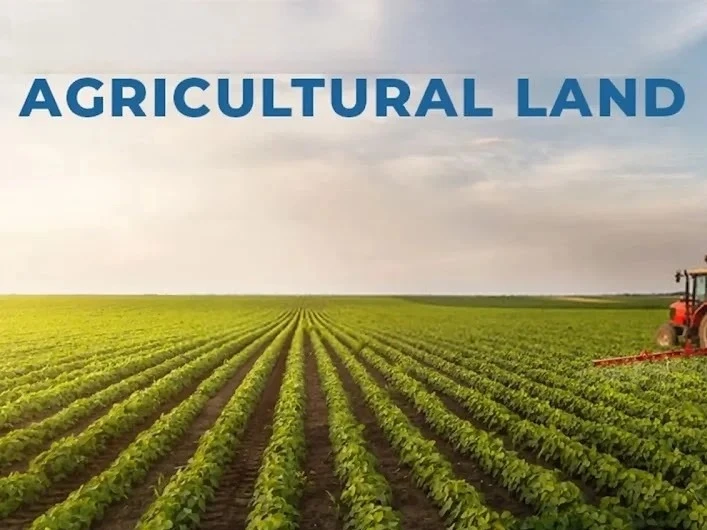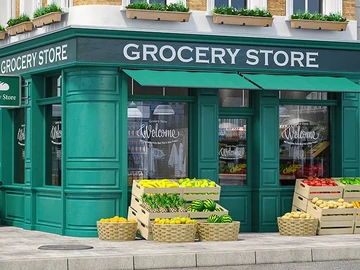Zimbabwe’s agricultural sector is on the rise again fueled by demand for food security, rural development, and export opportunities. For both local entrepreneurs and diaspora investors, buying agricultural land in Zimbabwe offers a chance to build wealth while contributing to national food sustainability.
However, unlike urban real estate, agricultural land involves unique regulations, risks, and procedures. This guide breaks it all down helping you make informed, legally sound, and profitable decisions.
Types of Agricultural Land in Zimbabwe
Understanding the land classification system is critical before buying or leasing:
1. Freehold (Title Deed) Land
- Privately owned land with full title.
- Can be bought, sold, leased, or used as collateral.
- Mostly found in peri-urban farming belts like Mazowe, Goromonzi, Norton, and Marondera.
Ideal for horticulture, poultry, piggery, and small-scale commercial farming.
2. A1 & A2 Resettlement Land
- State-owned land allocated under the Fast Track Land Reform Programme.
- A1: Smallholder farming (under 5 hectares per household).
- A2: Medium to large-scale commercial farming (ranging from 20 to 300+ hectares).
Cannot be sold on the open market but can be transferred via offer letters or 99-year leases (subject to Ministry of Lands approval).
As of 2024, Zimbabwe has issued over 400,000 A1 plots and 18,000+ A2 farms (Ministry of Lands & Agriculture).
3. Communal Land
- Land under traditional leaders; held in trust by the state.
- Can’t be bought or sold only accessed through customary allocation via village heads.
Suitable for subsistence farming, but not recommended for formal investment or diaspora buyers due to legal complexity.
What to Check Before Buying Agricultural Land
1. Title Verification
- Request and verify the title deed or lease document.
- Conduct a search at the Deeds Registry Office in Harare or Bulawayo.
- If leasehold, confirm it is registered and transferrable.
Avoid land with unclear ownership, verbal agreements, or unregistered offer letters.
2. Land Use & Zoning
- Confirm with the Ministry of Lands or local Rural District Council (RDC) if the land is zoned for agricultural use.
- Some areas may have restrictions due to wetlands, conservation zones, or urban expansion plans.
Example: In Goromonzi RDC, over 200 hectares of former farmland were recently reclassified for low-density housing.
3. Water and Irrigation Access
- Borehole, dam, river, or canal access is crucial especially for horticulture or year-round farming.
Ask about:
- Existing boreholes
- ZINWA water rights
- Irrigation infrastructure (pipes, drip lines)
Farms with established irrigation can yield 2–3x higher crop output, according to Agritex.
4. Soil Testing and Suitability
- Perform a soil test to check for fertility, pH levels, and contamination.
- Key for crops like tobacco, maize, paprika, avocados, and macadamia.
Local soil testing labs charge around US$40–$80 per sample with results in 5–7 days.
5. Access Roads and Infrastructure
- Is the land accessible year-round?
- Proximity to power lines, grain depots, roads, or markets can impact operational efficiency and resale value.
Farms near the Harare-Mutoko or Gweru-Shurugwi corridors are popular for logistics and access.
Legal Steps for Buying Agricultural Land in Zimbabwe
Step-by-Step Process:
- Engage a registered estate agent or legal firm with experience in land transactions.
- Verify ownership through the Deeds Registry or Ministry of Lands.
- Draft a sale agreement, ensuring terms are clear (price, size, boundaries, timelines).
- Obtain Change of Ownership Consent from the local RDC or the Ministry (for leasehold land).
- Lodge documents for transfer at the Deeds Office (for titled land).
- Pay applicable taxes and fees (typically 4–6% of purchase price).
Always use professionals to avoid scams, especially in deals involving large tracts or diaspora buyers.
How Much Does Agricultural Land Cost in Zimbabwe (2025)?
|
Location |
Land Type |
Price Range (Per Hectare) |
|
Mazowe, Mash Central |
Titled |
US$3,000 – $7,500 |
|
Goromonzi, Mash East |
Titled / A2 Lease |
US$2,000 – $6,000 |
|
Bulilima, Mat South |
Communal |
Not for sale |
|
Chinhoyi, Mash West |
A2 Lease |
Transfer costs vary |
Land prices rose 18% year-on-year in high-demand zones due to irrigation access and urban sprawl (Property.co.zw Farmland Insights, 2025).
Pros and Cons of Buying Agricultural Land
Pros:
- Long-term investment with income potential
- Hedge against inflation (land values hold well)
- Can support exports, food production, or livestock
- Eligible for bank financing if titled
Cons:
- Complex legal framework for non-titled land
- Infrastructure investment often needed
- Vulnerable to droughts and climate risks
- Operational knowledge required
Diaspora Buyers: Special Considerations
- Work with a registered agent and lawyer on the ground.
- Insist on title or officially registered leases.
- Use digital platforms like Property.co.zw to verify listings and compare options.
- Avoid sending money without legal safeguards or due diligence.
Property.co.zw has seen a 33% increase in diaspora searches for farm land since 2023.
Final Checklist Before You Buy
- Title deed or registered lease available
- Zoning confirmed as agricultural
- Soil test completed
- Water source confirmed
- Access road in usable condition
- Sale agreement signed with lawyer
- Consent obtained from authorities
- Transfer lodged at Deeds or Lands office
Ready to Invest in Agricultural Land?
Explore verified farm land listings, connect with trusted agents, and access tools to guide your purchase at Property.co.zw — Zimbabwe’s #1 Property Marketplace.
Thousands of buyers trust us every month to find titled land, A2 farms, and irrigated plots across Zimbabwe.
 Continue with Facebook
Continue with Facebook
 Continue with Email
Continue with Email














